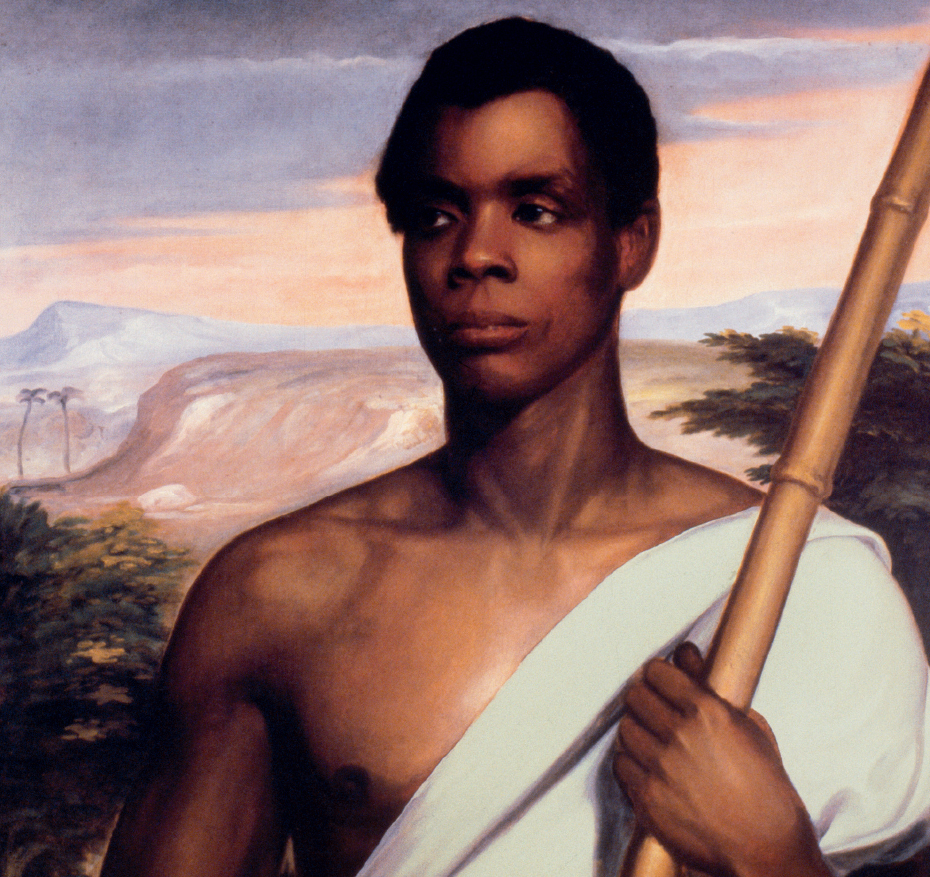Introduction for Chapter 25
25 Africa, the Ottoman Empire, And the New Imperialism 1800–
> How and why did Western nations strive for global dominance over the course of the nineteenth century? Chapter 25 examines nineteenth-

LearningCurve
After reading the chapter, use LearningCurve to retain what you’ve read.
| 1805– |
1880 |
| Muhammad Ali modernizes Egypt | Western and central Sudan unite under Islam |
| 1808– |
1880– |
| Mahmud II rules Ottoman state and enacts reforms | Most of Africa falls under European rule |
| 1809 | 1880– |
| Uthman dan Fodio founds Sokoto caliphate | Height of new imperialism in Asia and Africa |
| 1830 | 1879– |
| France begins conquest of Algeria | Ahmed Arabi leads revolt against foreign control of Egypt |
| 1839– |
1884– |
| Western- |
Berlin Conference |
| 1860s | 1899 |
| Transatlantic slave trade declines rapidly | Kipling, “The White Man’s Burden”; Amin, The Liberation of Women |
| 1869 | 1899– |
| Completion of Suez Canal | South African War |
| 1875 | 1902 |
| Ottoman state declares partial bankruptcy; European creditors take over | Conrad, Heart of Darkness; Hobson, Imperialism |
| 1876 | 1908 |
| Europeans take financial control in Egypt | Young Turks seize power in Ottoman Empire |